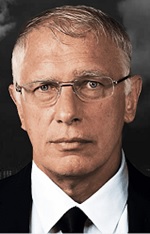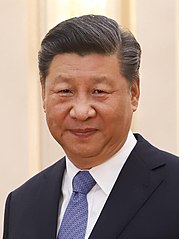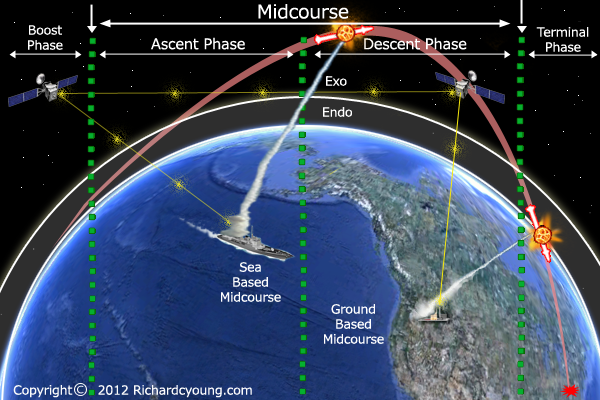
What does the Fed recent interest rate cut signal about the current state of the US economy?
 Let me introduce the subject with a joke.
Let me introduce the subject with a joke.
Einstein dies and goes to heaven. St. Peter greets him effusively and says, "Unfortunately, Mr. Einstein, because we're a centrally planned economy —for obvious reasons— we have a temporary housing shortage, and have to put you up with three roommates for a while."
Einstein goes to his new apartment, and the first guy comes up to him and says, "Mr. Einstein, I have an IQ of 130, and I'd love to get to know you better." Einstein says, "Great. After lunch, let's bounce around a few concepts of astrophysics that have been on my mind."
The second guy comes up and says, "Mr. Einstein, I'm not as smart as that first guy. I've only got an IQ of 100, but I still want to get to know you better." Einstein says, "Great. Let me put away my grip, and let's play a game of chess."
The third guy comes up and says, "Mr. Einstein, I'm not as smart as those other guys. I've only got an IQ of 70, but I still want to get to know you." Einstein says, "So, where do you think interest rates are headed?"
That says a lot about guessing the direction of interest rates, but they're actually the most important single indicator in an economy. Rates are the price of capital, the lifeblood of an economy. Interest rates are analogous to blood pressure and pulse readings for a human. When a central bank lowers rates, it's equivalent to giving a human amphetamines; when they raise them, it's like a dose of barbiturates. Central bankers are like a quack doctor, poisoning the economy by distorting economic signals.
I understand why Trump wants lower interest rates. They encourage people to buy things, consume, and borrow money. That increases consumption, business earnings, and employment.
- Hits: 241



 Governments regularly claim that they favour tax reform. When this claim has been repeated so many times that virtually no one believes it anymore, they announce a tax reform to show that they really mean it. They then reshuffle the existing taxes to give the appearance that taxation will actually be lowered.
Governments regularly claim that they favour tax reform. When this claim has been repeated so many times that virtually no one believes it anymore, they announce a tax reform to show that they really mean it. They then reshuffle the existing taxes to give the appearance that taxation will actually be lowered.